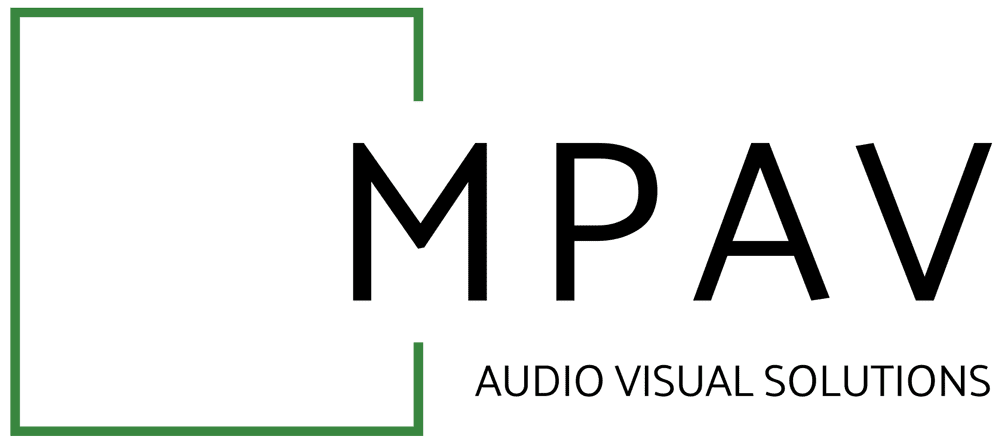Surely anybody can plug in a TV or follow some instructions online on how to hook a video conferencing set up together. Yes and no. It is simple to hang a screen on a wall but there are some thoughts that need to be made before doing it. What is the wall made of? Can the screen be levelled? Is there enough space to tidily install your video conferencing system? Do you even have the right cables or inputs? Indeed, with most industries, you can simply go online and find out how to do it yourself. However, engaging the services of an audio visual specialist will yield the best results overall. Let’s find out why:
Planning
Getting involved with any project requires planning. Prior Proper Planning Prevents Poor Performance. Architects plan buildings, electricians plan distribution boards, and audio-visual specialists plan how a system should come together to work as seamlessly as possible. This means taking the time to listen to the needs of a client, understanding how they intend to use the space, and then specifying and designing the system to suit.
Let’s go back to the monitor analogy. Our client would like to use a 75” screen in a room to install a video conference system. Having worked in, installed, and used multiple VC set ups, MPAV know the questions to ask. A quick chat with the client and we find out that they wish to install it into a training room for up to 20 people. Now we know tables need to be cleared regularly, we need a place to hide the brains of the VC system (typically, behind the screen). The client requires overhead mics to be heard, and a touchscreen interface to simplify the system as it is likely not to be used by the same people every day. So now we need to consider a slightly deeper, or articulating TV bracket, how to fit behind and dress cables in so they do not fall and become unsightly, and perhaps using a Logitech Rally or Poly G7500 VC system to fulfil the client’s needs.
Experience
As anybody who has ever used technology or seen Wreck It Ralph will know, Tech Gremlins are real. They herd closely inside equipment to keep warm and are fairly clumsy, tripping over signal paths and generally being a nuisance.
Our fictitious client has had a builder stick a monitor to a wall and it keeps turning itself off. Turns out, the installer didn’t know that there are often 3 power saving options on any domestic screen. In this case, MPAV knows that, with the intense use of the screen, a commercial unit will be a far better option, outlasting any domestic unit and providing them with the tools they need. However, some clients are happy to stick with domestic units as they are more familiar. An AV specialist will already know that once the screen has been tested, you will need to go through the menus and disable any power saving modes or any auto switch off timers to avoid those awkward moments when pitching to your new client. A return trip to assess why a screen is turning itself off is a costly option when all the engineer will do is change a few settings and be gone within 10 minutes of arriving.
Tools
As is right with any trade, having the correct tools is both a necessity and a basic requirement. We may spend several hundreds, or even thousands, on testers and tools that turn a 4 hour job into a 10 minute job. MPAV have these tools as we use them regularly for our installations and help us to deliver a cleaner, more efficient installation. Even if we don’t think we need them, the kit is on hand for when we need to troubleshoot. For example, if a hearing loop is damaged, the cheapest option is to simply rip up the floor and take a good look at the tape but often this is not a realistic option. A cable tracer may be a bit expensive for a one-off use, but an AV specialist like MPAV will use it time and again to troubleshoot these systems and save time, effort and money.
Knowledge
With all of these comes knowledge. Being a specialist in your field means that you’ve experienced things others might not have and worked with products others may not know even exists. A specialist knowledge helps our clients find the product that is right for them, no matter how specific it is. It also allows us to give them more options. Sure, you can use paper and pen to book meeting spaces and use a Whatsapp group to find out if there are already too many people in the office for the current COVID restrictions but what if we could deliver a system that will do this for you, quickly and efficiently, and allow you to get on with your work? In case you wondered, the answer is yes.
